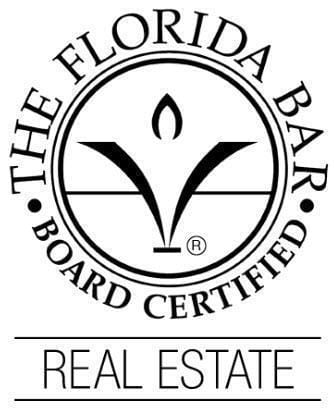Creating limited liability companies (LLCs) for real estate purposes is a popular choice for many investors. There are obvious advantages to LLCs, but one of the main reasons why investors choose to create an LLC for a real estate investment is because it protects them personally from the risk of loss.
However, every financial choice comes with advantages and disadvantages. These should be weighed objectively before making any important financial decision. The following are some potential disadvantages of an LLC that you should be aware of.
It can be more difficult to raise money from outside investors
LLCs cannot issue shares; therefore, it can be more difficult to attract and appease investors that could help you raise money. Additionally, outside investors face a greater risk when they invest in an LLC as opposed to a C-Corp, for example.
There are many more tax forms
Tax liabilities can be overwhelming for small business owners, and LLC owners are typically subject to several additional taxes. As well as preparing its own tax filing, an LLC will need to prepare K-1s for all members, and in applicable cases, franchise and excise taxes will need to be filed for.
There are additional licensing and filing fees
Every time an LLC is filed, there will be a fee typically between $50 and $500. This can become very costly if you are a real estate investor who wants to open an LLC for each individual property.
It’s important to research the different possibilities to minimize risk and expand investment opportunities in Florida. Starting an LLC could be the best strategy for you.




